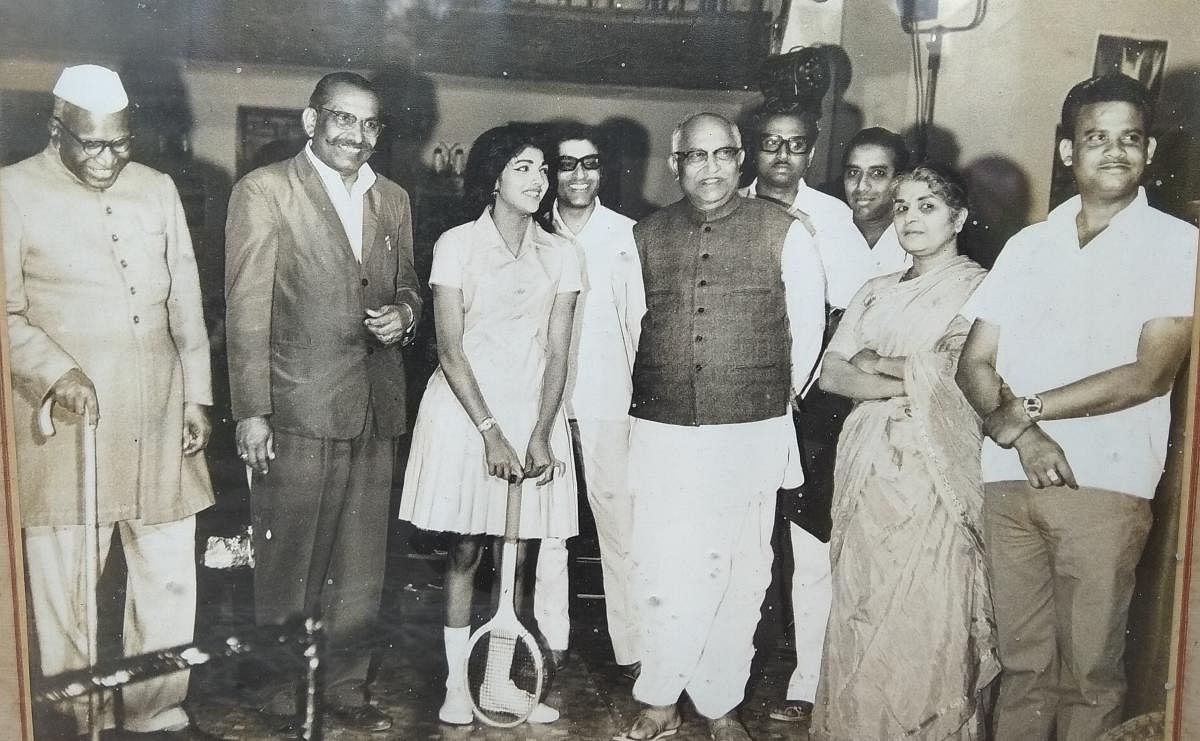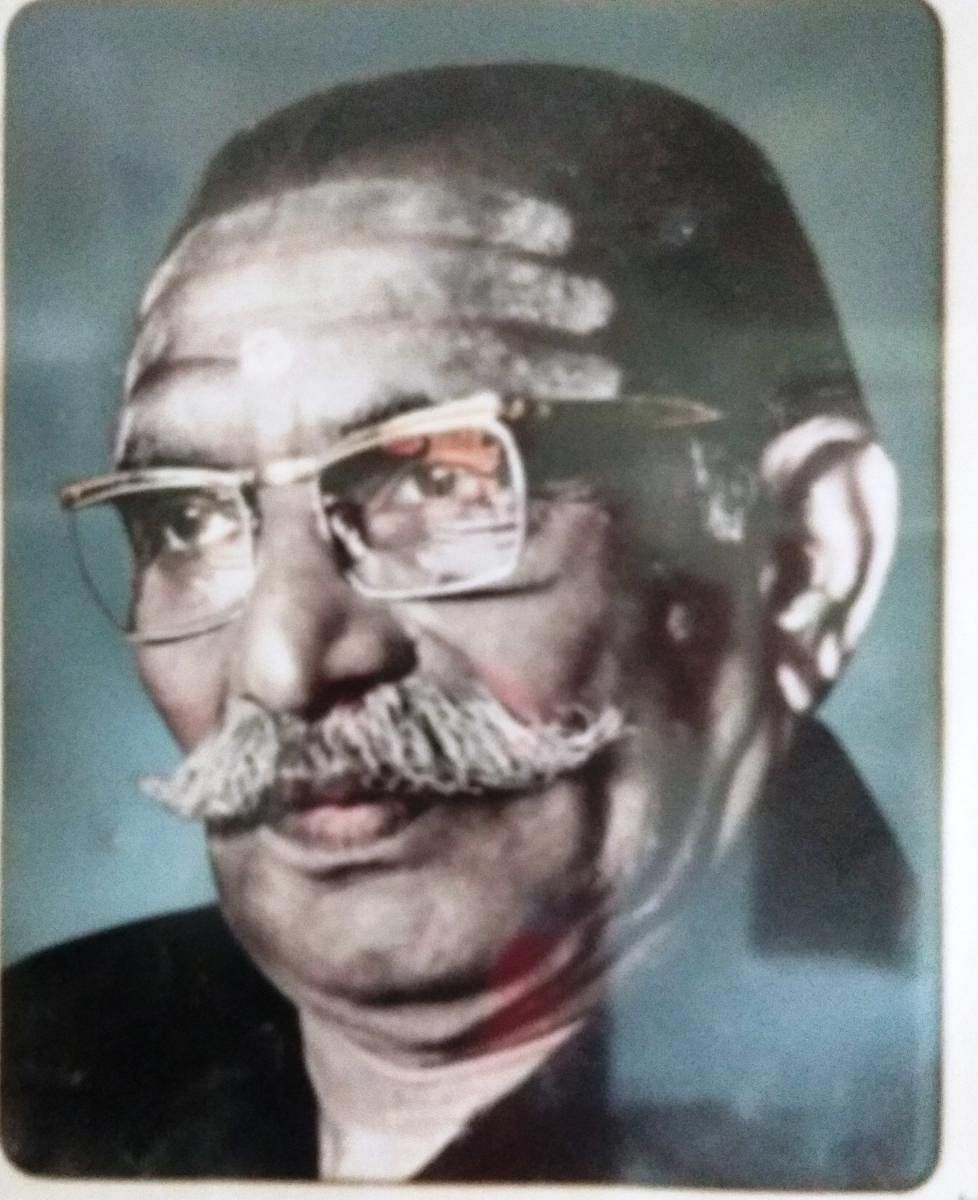

The Kalpataru Nadu was once known as the cradle of Kannada theatre. Though the passion for theatre has diminished here over the years, the bustling town with flourishing copra trade has left a deeper and lasting impact on theatre and the film-making.
In fact, Kannada theatre and film industry owe much to the doyen of Kannada theatre, Gubbi Veeranna, and its patron, Tipturu Siddabasappa Karibasavaiah. While Gubbi Veeranna with his Channabasaveshwara Nataka Company (popularly known Gubbi Veeranna Nataka Company), revived and resurrected Kannada theatre, T S Karibasavaiah patronised it by roping in troupes to Tiptur in the 1940s and 1950s. He developed a fine rapport with the owners of the troupes and the artistes.
Soon, Karibasavaiah developed an interest in films. He, joined by Gubbi Veeranna, leased out a plot belonging to Kalleshwara Temple and constructed Vinod theatre, the first cinema hall in Tiptur. A few years later, Karibasavaiah became the sole owner of Vinod theatre after Gubbi Veeranna withdrew his share.
After establishing a cinema hall, Karibasavaiah turned to film distribution. He, along with his relative Basavaraju, set up a distribution company called Karnataka Film Pvt Ltd.
A few years later, he took to film-making by launching Girija Productions. He made his debut as a producer with Rajkumar-Sarojadevi starrer Anna Tangi in 1958. The movie did well in box office. He then produced Rani Honnamma (1960).
After producing two films, Karibasavaiah realised the difficulties faced by Kannada film-makers. The film-makers then relied on the studios in Madras and Pune to shoot their films and get the post-production done. And it was an expensive proposition.
Karibasavaiah came up with a plan to set up a full-fledged studio in Bengaluru and soon found backing in a few like-minded people including Gubbi Veeranna, Dharmasthala Ratnavarama Heggade, Patil Puttappa, G K Mallappa, K V Shankaregowda, Andanappa Doddameti among others. Karibasavaiah invested whatever he had earned in his iron and log business, raised Rs 6 lakh through shares from across the state and managed to convince farmers to part with their land for the studio. The
S Nijalingappa-led state government also extended an unflinching support.
The foundation stone for the Kanteerava Studios was laid in 1966 and it started functioning in 1970. Kannada film Thakka Bitre Sikka was the first movie shot in the studio. The studio since then has become a home for Kannada cinema.
And the unsung hero of Kannada cinema, Karibasavaiah, continued to serve the theatre and cinema, quietly, till he breathed his last on March 12, 1992.
It was Karibasavaiah who played a vital role in setting up Kalpataru College in
Tiptur by roping in Rajkumar for a fundraiser.
His good work was documented by Kannada writer De Je Gow (Javaregowda) in his biography on Karibasavaiah, Kala Kanteerava Karibasavaiah.
The Kalpataru Nadu paid glowing tributes to its proud son, singing paeans to his remarkable contributions to Kannada theatre and cinema, during the birth centenary celebrations held recently.